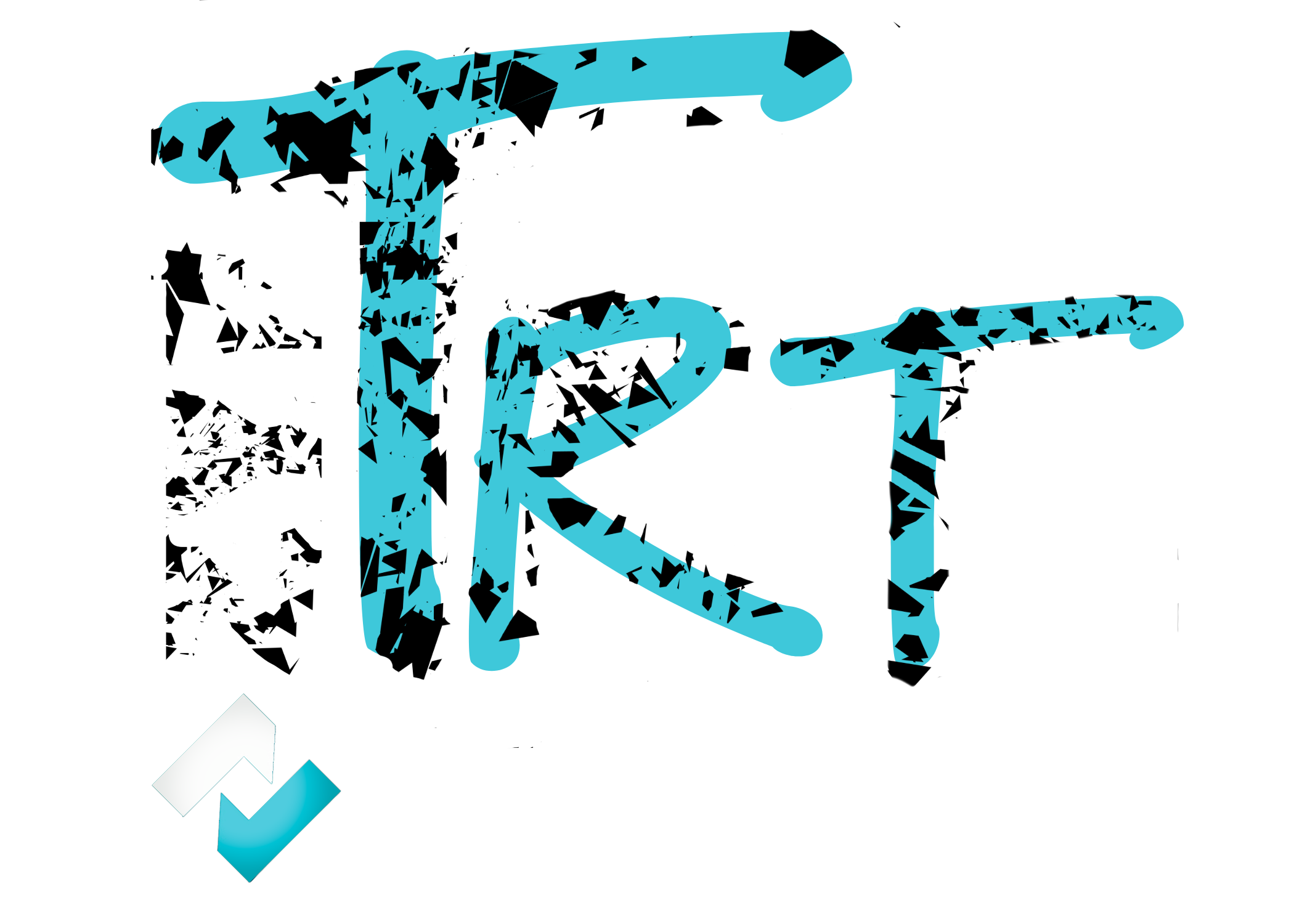You’re a Busy Man.
ZYP Simplifies Your Testosterone Replacement Therapy (TRT) Journey.
ZYP focuses on helping men feel their best with Testosterone replacement therapy, even with their busy lives with our convenient telehealth service.
Our at-home telemedicine consultations and direct provider communication makes it effortless to improve your wellbeing from the comfort of your own home.
*Arizona Residents Only
Nebraska & Iowa coming soon!
How ZYP TRT Works
ZYP simplifies the process for managing and treating low Testosterone by allowing our patients to complete everything from the comfort of their home.
Get Your Labs done before the consultation! ZYP is Convenient
Click One Below to Get Started
*Once we receive your lab results, we will notify you and get you set up for a follow up visit (if qualified for treatment). A consultation fee is required & this will cover your first 2 months of treatment as well (if qualified). Initial Cash Pay labs workup will cost $150 - (Iowa and Nebraska - payment is due at time of the lab draw/initial visit) (Arizona Only - Payment is due prior to the lab kit being shipped out)
What are the Benefits to TRT?
-
Testosterone plays a crucial role in emotional well-being. Low levels can lead to irritability, anxiety, and even depression. Testosterone Replacement Therapy (TRT) helps stabilize mood, enhancing feelings of happiness, confidence, and overall mental resilience. Men often report feeling more balanced and motivated after treatment.
-
Whether in the gym, at work, or in daily life, testosterone is vital for physical and mental performance. TRT helps improve stamina, focus, and endurance by optimizing energy production and muscle function. Men often report sharper concentration, improved productivity, and better athletic performance.
-
Testosterone is essential for a healthy sex drive. Low levels can diminish libido and contribute to erectile dysfunction. TRT revitalizes sexual health by restoring testosterone levels, improving desire, and enhancing performance. Many men experience a renewed sense of intimacy and satisfaction in their relationships.
-
Testosterone aids in the repair and recovery of muscles, tendons, and ligaments. Low levels can slow down recovery after exercise or injury. TRT accelerates healing by boosting protein synthesis and reducing inflammation, helping men bounce back faster from workouts and physical exertion.
Worried you may have Low T?
Here are some common symptoms:
-
Lack of morning erections, softer erections, or difficulties starting or maintaining an erection are all commonly reported in men with Low testosterone.
-
Men with low libido secondary to low testosterone will commonly report little to no sexual desire or drive. Exogenous testosterone replacement therapy can be very beneficial for this issue.
-
Those with low testosterone will commonly lack/have difficulties with decreased strength, muscle tone, and increased body fat, especially around the belly.
-
Men with low “T” will commonly report feeling unmotivated and fatigued most of the time. This can be quite difficult on a man’s ego and mood. Many men report feeling better and more motivated while on TRT.
-
Sometimes patients with low testosterone levels will experience symptoms of Depression, Irritability & Brain Fog – Feeling more anxious, depressed, unmotivated, or mentally sluggish is commonly reported.
ZYP Offers the most affordable Testosterone Replacement Therapy in Omaha, Nebraska
Looking for a Testosterone Replacement Therapy Clinic near Omaha, NE? ZYP can help!
Did you Know?
• Up to 40% of men aged 45 and older have low testosterone (Low T). (AUA - American Urological Association)
• Testosterone levels decline by about 1% per year after age 30. (Journal of Clinical Endocrinology & Metabolism)
• An estimated 20–50% of men over 30 have suboptimal testosterone levels (below 400 ng/dL). (European Journal of Endocrinology)
• Low T is linked to obesity, diabetes, and metabolic syndrome, affecting up to 50% of men with these conditions. (Diabetes Care Journal)

Frequently Asked Questions
-
Testosterone is a steroid hormone that is present in the bodies of both men and women, although men have higher concentrations of it. Testosterone is made in the testes, ovaries, and adrenal glands and is derived from cholesterol. It is primarily responsible for the development of the male reproductive system and also plays a role in body hair growth, muscle mass, fat distribution, voice depth, and libido. In the body, some testosterone is converted into dihydrotestosterone, which plays a role in prostate enlargement and baldness, and estradiol, which is a type of estrogen.
-
It is normal for testosterone levels to decrease with age. This can be a result of declining testicular function as well as modifiable lifestyle factors, like how much you are exercising. However, some men have low testosterone independent of this age-related decline. And while there are many possible causes for low testosterone (alcohol abuse, diabetes, genetic disorders, metabolic disorders, medications, trauma, etc.), some men may never discover what is causing it in them. Low testosterone is a medical condition that should be treated with the guidance of a healthcare professional.
-
There are a variety of symptoms you may be experiencing that could indicate you have low testosterone. Having little interest in sex or having difficulty getting or maintaining an erection are two of the sexual symptoms related to low testosterone. However, there are also more nonspecific symptoms such as low energy, depression, decreased muscle mass, increased fat mass, and decreased body hair. If you have any of these symptoms, you should talk to your healthcare provider about whether you may be suffering from low testosterone.
-
Testosterone has many key responsibilities for both men and women. Here are the most important roles for Men:
Male hair patterns
Deep voice
Skeletal Muscle Growth
Erythrocytosis
Motivation & Drive
-
Testosterone is naturally produced through a complex hormonal pathway involving the brain and testes. The process begins in the hypothalamus, which releases gonadotropin-releasing hormone (GnRH). GnRH signals the anterior pituitary gland to release two key hormones: luteinizing hormone (LH) and follicle-stimulating hormone (FSH).
• LH stimulates the testes to produce testosterone in the Leydig cells.
• FSH works alongside testosterone to support sperm production in the Sertoli cells.
Testosterone is then converted into estradiol in small amounts, which helps regulate this system. A feedback loop ensures balance, as high levels of testosterone and estradiol signal the hypothalamus and pituitary to reduce GnRH, LH, and FSH secretion, maintaining hormonal equilibrium.
-
1. Primary Hypogonadism
This type occurs when the testes fail to produce sufficient testosterone due to a direct problem with the testes themselves. Causes include genetic disorders (e.g., Klinefelter syndrome), injury, infection, or chemotherapy.
2. Secondary Hypogonadism
This form results from a problem in the brain’s hypothalamus or pituitary gland, which fail to signal the testes to produce testosterone. Common causes include tumors, trauma, or certain medical conditions affecting the brain.
3. Adult-Onset Hypogonadism
Also known as late-onset hypogonadism, this occurs in older men as testosterone levels naturally decline with age. It is often associated with symptoms like fatigue, reduced libido, and decreased muscle mass, sometimes linked to obesity or chronic illnesses.
-
If your hematocrit (hct) rises above 54% - your medical provider may recommend a few options:
Phlebotimize every 1-2 months (Donate blood)
Lower your Testosterone Dose
Increase the frequency of your injections with LOWER doses. (Split doses in half - Twice weekly)
Switch to a topical testosterone agent like Gels or Creams (Additional costs associated with these routes)
-
If you suspect low testosterone, it’s important to consult a healthcare provider. They’ll likely ask detailed questions about your medical history, risk factors, and symptoms to better understand your condition. A blood test is typically used to diagnose low testosterone, as levels fluctuate throughout the day and are highest in the morning. For accuracy, your provider may recommend testing between 8:00 AM and 10:00 AM on two separate occasions. Once the results are in, your provider can guide you on the best course of action. If low testosterone is confirmed, they may investigate the underlying cause or suggest treatment options like testosterone replacement therapy or other methods to boost testosterone levels.
-
The main goal in Testosterone Replacement Therapy is achieving a therapeutic dose that improves the symptoms one may be experiencing with low testosterone.
The “typical” optimal goal for total testosteron is between the ranges of 700-1400 ng/dl
Each person’s therapeutic teststerone level where they are having symptom improvement is individualized.
-
If you wish to maintain your fertility your ZYP provider may recommend adding HCG to your treatment regimen.
Human chorionic gonadotropin (HCG) can help maintain fertility during testosterone replacement therapy (TRT) by mimicking luteinizing hormone (LH). HCG stimulates the testes to produce testosterone and sperm, counteracting the suppression of natural testosterone production caused by TRT. This helps preserve testicular function and fertility in men undergoing treatment.
-
In men on TRT, symptoms of low estradiol levels commonly include:
• Joint pain
• Fatigue
• Low libido
• Mood disturbances
Symptoms of high estradiol levels often include:
• Water retention
• Gynecomastia (enlarged breast tissue)
• Irritability
• Reduced sexual function
Anastrozole, an aromatase inhibitor, may be prescribed to lower estradiol by blocking its conversion from testosterone, helping to maintain hormonal balance.
-
No ZYP cannot replace the role of your normal primary care provider (PCP). We encourage you maintain a close relationship with your PCP. ZYP will manage your TRT & may recommend you see your priamry care provider for alternative conditions that need addressed (ie; Uncontrolled hypertension, hyperlipidemia, hypothyroidism, Sleep Apnea, etc.)
-
We understand unfortunate circumstances occur, however, ZYP has a strict no refund policy for TRT medications.
If you need a replacement vial - please contact your ZYP provider for a one time replacement Fee.
-
If you decided to stop treatment after achieving a therapeutic level and were having good symptom relief/feeling better - over the course of 1-2 months you may start to lose those positive effects and will slowly return to your previous state of symptoms that you had prior to starting TRT.
*individual results/effects/symptoms will vary
REFER A FRIEND AND SAVE $50 - NO limit on Referrals!
REFER A FRIEND AND SAVE $50 - NO limit on Referrals!
Got Questions?
CLICK HERE
& Text our Provider
Who has the most Affordable Testosterone Replacement Therapy for Men in Omaha, Nebraska?
Without a doubt, ZYP Medical offers the most affordable pricing plans for testosterone replacement therapy around Omaha, Nebraska.
Here’s a breakdown of what you could be saving at ZYP!











